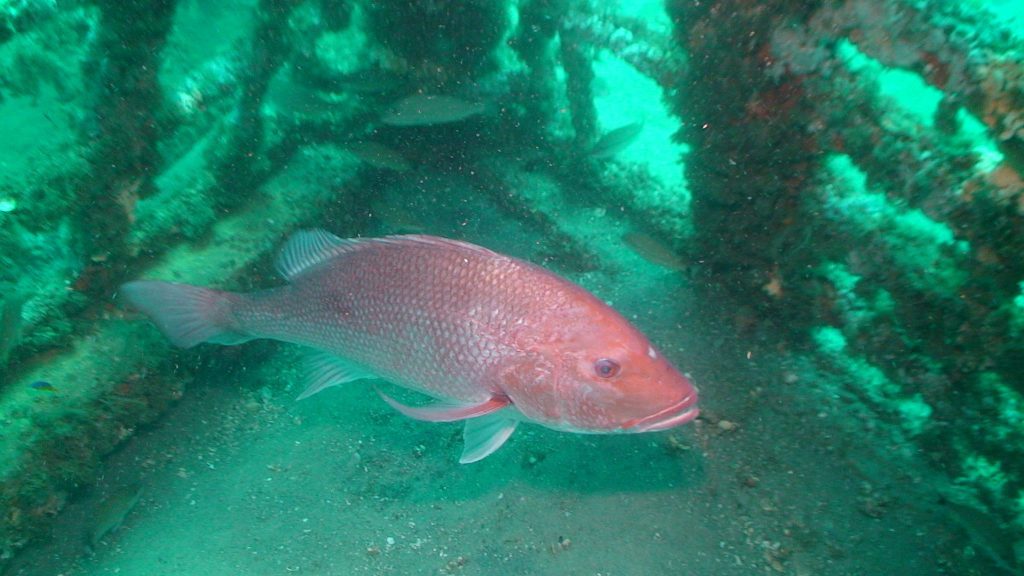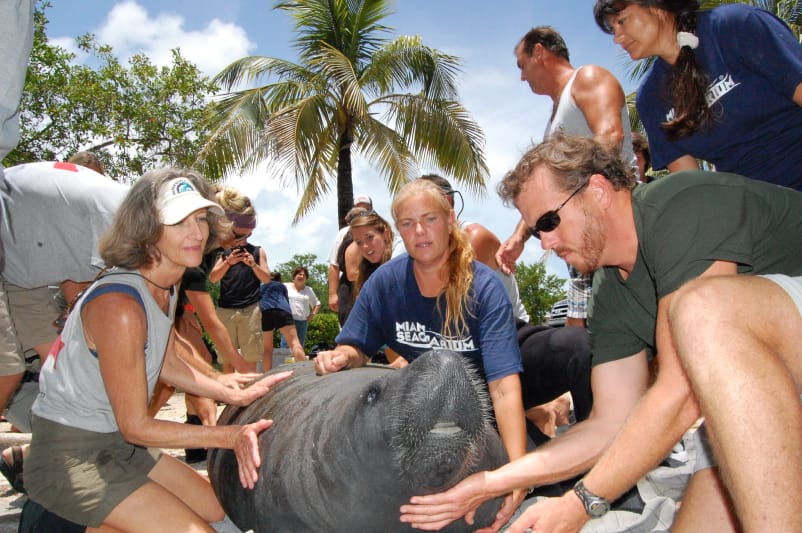
SeaWorld Orlando Coral Rescue CenterAt 101.1 degrees Fahrenheit, your body is fighting a low-grade fever. It’s a common temperature on most hot tub dials. It’s also the water temperature recorded near Key Largo, Florida on Monday, July 24, 2023, the hottest sea surface temperatures recorded.
Researchers have been tracking hotter-than-normal water temperatures in Florida since February, but this sustained heatwave has sent water temperatures soaring in mid-July to 92-97 degrees. For reference, the optimal temperature range for reef-building corals is 73.5-84 degrees. Current projections suggest these extreme ocean temperatures may persist through October 2023.
The effects of these ocean temperatures on Florida’s Coral Reef are profound. Healthy corals have a symbiotic relationship with algae, which give corals their beautiful coloration and, more importantly, nutrition. When stressed by high temperatures, corals expel the algae, resulting in malnutrition, starvation, and a stark white, ghostly coral skeleton (see below: a bleached brain coral, July 18, 2023). Unfortunately, water temperatures are so hot that corals in the Lower Keys are dying before they bleach; their tissue is melting off.

While stony coral tissue loss disease, a phenomenon that affects the stony corals responsible for reef-building, continues to ravage all 360-miles of the coral reef track, coral bleaching affects every type of coral and makes them even more susceptible to the disease.
On July 20th, researchers visited Sombrero Reef in the Lower Florida Keys and found 100% coral mortality. This is a site where restoration work has been ongoing for over a decade. Over 95% of the corals near Looe Key, just southwest of Sombrero Reef, are now partially to fully bleached. However, sites in the Upper Keys, where the water is cooler, are not yet showing such dramatic loss, providing valuable time to act.
Researchers are diverting outplanting efforts to rescuing as many corals as possible and relocating key genotypes to land-based holding systems. Gene banking has long been a priority in coral reef restoration to breeding stress-resistant corals, but this marine heatwave has made the rescue efforts even more urgent.
The Orlando-based Florida Coral Rescue Center (FCRC) is a state-of-the-art facility established by a diverse group of government agencies, nonprofits, and corporations for the gene banking and care of Florida corals. Under the guidance of the Association of Zoos & Aquariums (AZA), the group includes SeaWorld, Disney Conservation Fund, and our Foundation. These partners provide the funding, resources, and expertise to help ensure there is a future for the descendants of the corals at FCRC. Similar efforts are underway at the newly opened SeaWorld Orlando Coral Rescue Center, which acts as a public-facing extension of the FCRC.
You can help us determine the future of Florida’s Coral Reef. Donate today to ensure our reef sees another tomorrow.











